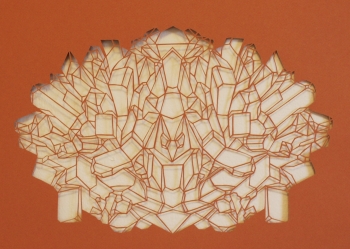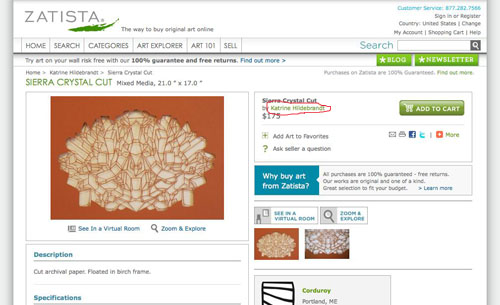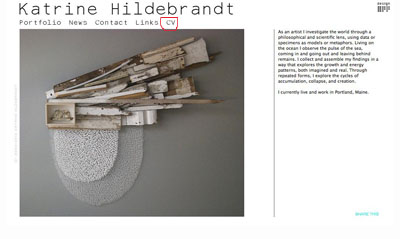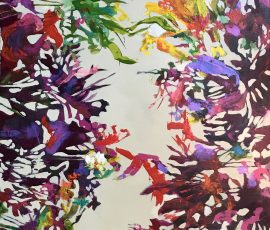In my first post for Wall Spin, I addressed the hesitance or downright reluctance that a lot of guys have to trust their instincts and individual taste when first buying art. My sentiments can pretty effectively be summed up as “trust your taste, buddy, you know more than you think.”
I was glad to see that Madelyn Jordon, a gallery owner and art consultant, made a great point in a comment, anticipating the topic of my next post. She said,
That is a start, but when committing significant funds to a purchase of art ( $10,000 and up), it’s best to make an informed decision. It’s great to have an emotional response, but I am happier when there’s a bit more knowledge and thought behind the decision..as a gallery owner and consultant, we educate and illuminate, choosing art with both the wow factor and quality.
Ideally, anytime you purchase art you will be making an investment–one that will appreciate nicely, if not astronomically. And realistically, while Madelyn is definitely right about the $10,000 threshold, let’s face it: one man’s Fiat is another man’s Ferrari.
So whether that painting that caught your eye and haunts your dreams costs $150 or $150,000, it’s always a good idea to make an informed decision. Now, the question is, how? If you don’t know any thoughtful, articulate gallery directors like Madelyn, the key lies in a key. Actually a combination of keys, really–Command-t on a Mac or ctrl-t on a PC.
That’s of course assuming that you already have Zatista opened (it’s set as your homepage, right?!) and have just found a piece that you’re really, really into. We’ll use my friend Katrine, a Zatista artist, and her piece “Sierra Crystal Cut” as an example. You can get some pretty good info on the artist by clicking on her name just to the right of the piece of art. OK, so you read her artist statement:
“Katrine’s work investigates the world through a philosophical and scientific lens, using data or specimens as models or metaphors in order to examine a philosophical concept.”
That really speaks to me, and wow, that piece is actually a cut paper design–that seems really intricate and labor intensive, and it’s beautiful. I’d say that’s well worth $175 (granted, I happen to be biased in this situation, I’ve watched her make these and the process is amazing).
You can always pull the trigger right off the bat, or you can also pop open another tab on your browser (that’s where the Command-t or ctrl-t comes in) and instantly have a world of value asserting information in front of you. Artists, especially emerging artists, are some of the most web savvy people out there today. They have websites, blogs, and use Twitter. All of those things can lead up to a pretty accurate assertion of where they’re at in their career and where they may be headed.
So let’s google Katrine Hildebrandt. Yep, there’s her website. The first thing to look for is a CV (Curriculum Vitae, like a resume used for applying to academic, education, scientific or research positions)–that’s your key to see where Katrine or any other artist went to school (Mass Art), if she has a graduate degree (yep), where she has shown work (Boston, San Francisco, Portland and google those galleries–see who else has shown there) and what kind of press she’s received. Solo shows are a good indication that the person is going somewhere, as is a generally active exhibition schedule.
From there, you can dive as deep as you want. Artists are smart, they blog about major projects and collaborations with other important artists. They promote their shows and get the word out when their work is going to be featured in the media. Of course, all of these things are just ingredients for success and there’s no guaranty that any artist’s work will appreciate. However, with the internet you now have previously unimagined access to an artist’s life and career and a better ability to assess the potential for any purchase to prove to be a sound investment–and that’s an amazing thing.








Comments (0)